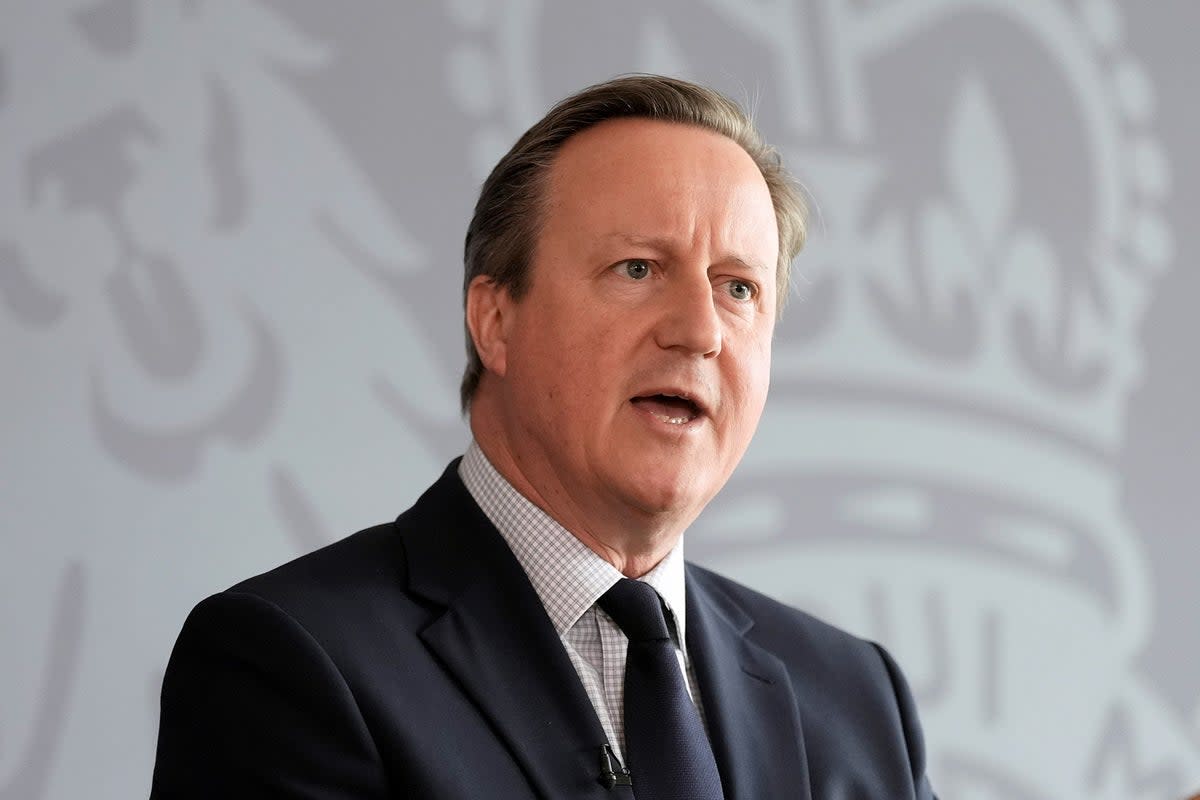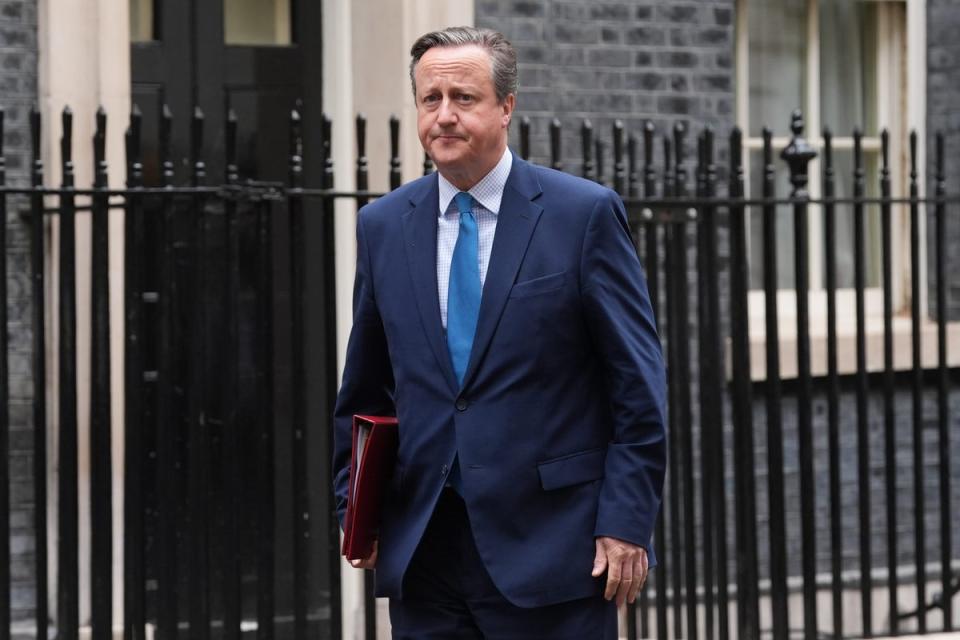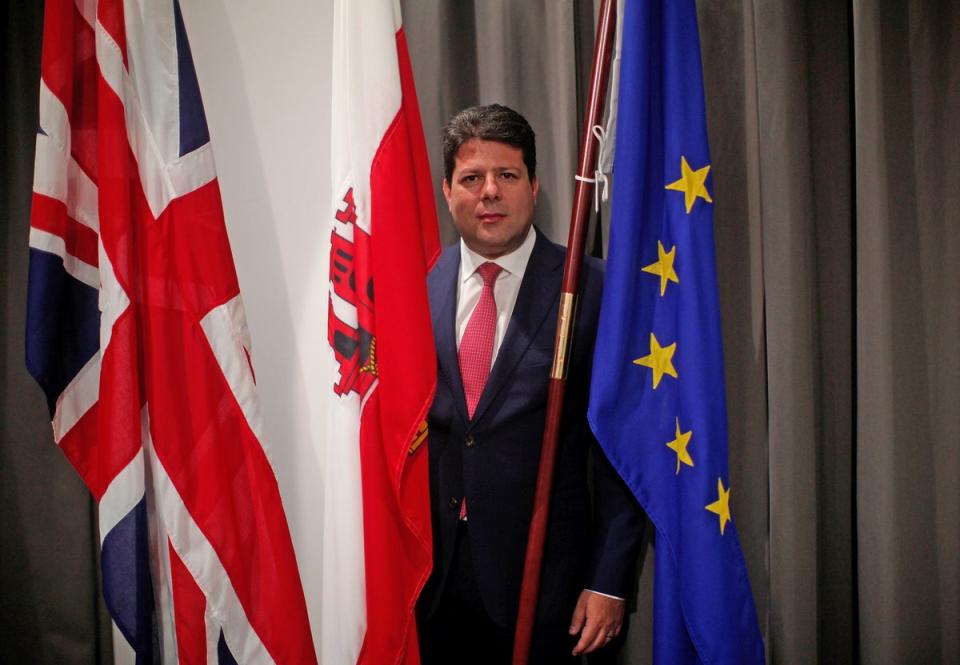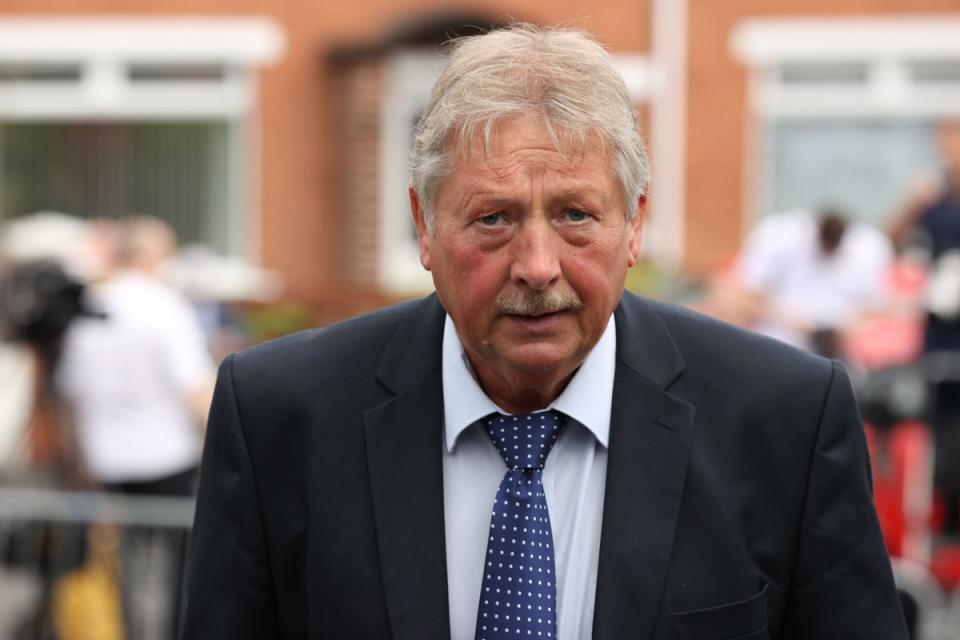Brexit row erupts over control of Gibraltar’s border

The Brexiteer promise of stronger sovereignty has failed and is instead leading to a loss of control of British territories, MPs have warned.
The claim has come ahead of a showdown on Monday between David Cameron and members of the Commons European scrutiny committee over a planned treaty for Gibraltar.
The governments of Gibraltar and the UK are close to agreeing a treaty that some fear will see EU Frontex border guards decide who can enter the British overseas territory – and will give them the power to turn away British citizens.
Added to that, with the threat that Gibraltar could become subject to Schengen area rules, there are now concerns that UK citizens will only be allowed to stay for 90 days on “the Rock” even though it is a British overseas territory.

Gibraltar has been a British territory since it was handed to the UK in the Treaty of Utrecht in 1713, part of a series of agreements that ended the war of the Spanish succession. Spain, though, has long disputed the land on which the RAF Gibraltar air force station is situated, claiming it was part of an illegal landgrab by the British in the 19th century. Spain has been pushing to regain control of the territory for decades.
But there are wider concerns about this treaty with the EU, because of implications of a dilution of British sovereignty in areas such as Northern Ireland and even potentially the UK bases in Cyprus, where pressure is mounting over land that is British sovereign territory.
Talks on the draft treaty took place on Thursday, but MPs on the committee had already written to Lord Cameron demanding answers to a list of questions following evidence sessions with foreign minister David Rutley and Gibraltar’s chief minister Fabian Picardo.
DUP committee member Sammy Wilson, who supported Brexit, told The Independent: “Brexit was supposed to be about taking back control. It is proving to be the opposite.”
He blamed “this pathetic [Tory] government” for the problems, describing it as “a joke”.
Mr Wilson is already angered by developments surrounding the border with Northern Ireland, which last week saw the High Court rule that British immigration policy no longer applies there.
He said: “Already we are seeing goods being turned away at the border on the instructions of EU officials, and new border controls being built to EU designs.”

Former cabinet minister David Jones, a lawyer who also sits on the committee and is deputy chair of the European Research Group of Tory Brexiteer MPs, warned: “This [the Gibraltar treaty] could be even worse than what has happened in Northern Ireland [with the Windsor Framework] and could have wider implications.
“This will cause serious ructions in the Conservative Party if Cameron allows it to go ahead.”
The foreign secretary was dismissed by some MPs as “a globalist who led the Remain campaign” who “doesn’t care about British sovereignty anyway”.
However, former attorney general Dominic Grieve, who opposed Brexit when he was an MP, suggested that Brexiteer MPs had jumped the gun, as nobody outside the negotiations had seen the text.
He said: “There is nothing to suggest that the UK is about to surrender sovereignty over anything. But the idea that Brexiteers can be more Gibraltan than the Gibraltans seems to me to be completely ludicrous.”
However, legal expert Catherine Barnard, a professor in European and employment law and deputy director of the think tank UK in a Changing Europe, pointed out that this would “not be a problem if the UK was still in the EU”.
During the 2016 referendum, 96 per cent of Gibraltar’s citizens voted in favour of Remain, and last year Mr Picardo won re-election on a mandate to complete his treaty negotiations.

Prof Barnard warned that the row is based on a Brexiteer view of sovereignty that is outdated and rooted in the days of empire.
She said: “Essentially, the Brexiteers, during the referendum and after, were pushing a view of sovereignty that has not been true since the 19th century. Sovereignty is now much more transactional, and as soon as you sign any agreement, you dilute your sovereignty. That is what is going on with Gibraltar and Northern Ireland. Sovereignty is no longer absolute.”
Prof Barnard said that in the modern world, sovereignty is a matter of give and take: “You give up part of it to gain something more for your country. That’s what happens with treaties and any sort of international agreement. It is like if I sell my car to you, I no longer have the car, but do have the money you gave me for it.
“We see this in the trade and cooperation agreement with the EU: we can change our environmental regulations, but this would mean we have tariffs imposed on us.”
She added that the issue of “competing sovereignties” could be another potential point of contention between the UK and Gibraltar.
The Foreign, Commonwealth and Development Office (FCDO) insisted that the concerns being raised will be resolved before a treaty is signed.
An FCDO spokesperson said: “The UK will only reach an agreement with the EU that the government of Gibraltar is content with; that safeguards Gibraltar’s sovereignty; and that fully protects the operations and independence of the UK’s military facilities in Gibraltar.
“The UK remains fully committed to finding a solution that supports Gibraltar, its people, and its economy.”

Last week’s talks are understood to have taken place in a constructive atmosphere, leading to “important breakthroughs and additional areas of agreement”.
Mr Picardo, who has been criticised by the committee, said earlier last week: “If they [the treaty provisions] did amount to a genuine diminution of British sovereignty over Gibraltar, they would not have my support. This is a deal that will assist us in ensuring that Gibraltar’s sovereignty continues to be 100 per cent British.
“They need to understand that this is a deal that needs to be done for Gibraltar, and it’s the people of Gibraltar who will determine whether it is safe and secure.”
However, the concerns raised by MPs did seem to be confirmed in an interview with Mr Picardo on Radio 4’s Today programme on Saturday. He said that the basis of the framework was the 2020 New Year’s Eve agreement “involving Gibraltar becoming a part of the common travel area within Schengen”.
He noted that this is necessary because there are around 15 million movements a year across the border with the EU, and because there is a need for freedom of movement for goods between the territory and the EU.
Mr Picardo pointed out that 96 per cent of Gibraltans had voted Remain, adding: “When we were European citizens, we had the right to access the EU; it was relatively easy.”
He was dismissive of the row with Brexiteers on the committee over UK sovereignty, saying: “That is a question of which filter you apply to your view. I mean, the 96 per cent of the people of Gibraltar who voted to remain in the EU did not think that being members of the EU amounted to a surrender of sovereignty.”
Mr Picardo also made it clear that he believes his election victory last year gave him a mandate to press ahead with the deal.
He said: “The people of Gibraltar in effect voted for the framework to become a treaty between the EU and the UK.”

 Yahoo News
Yahoo News 
